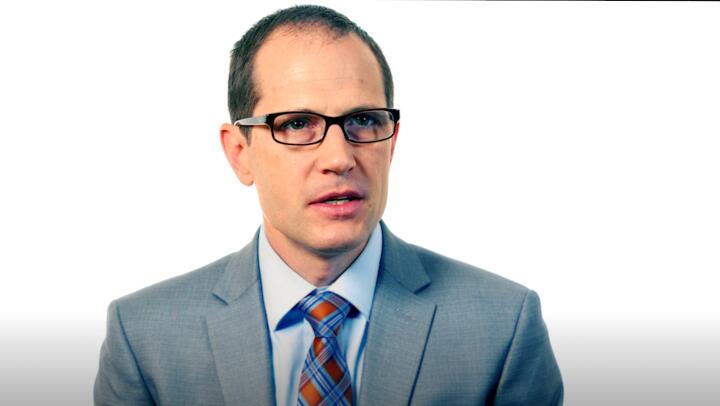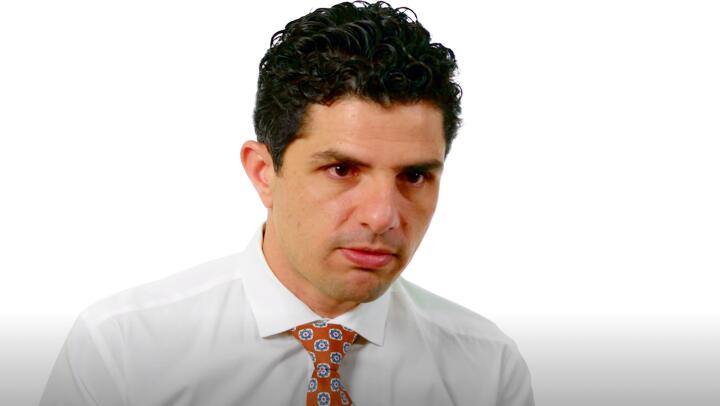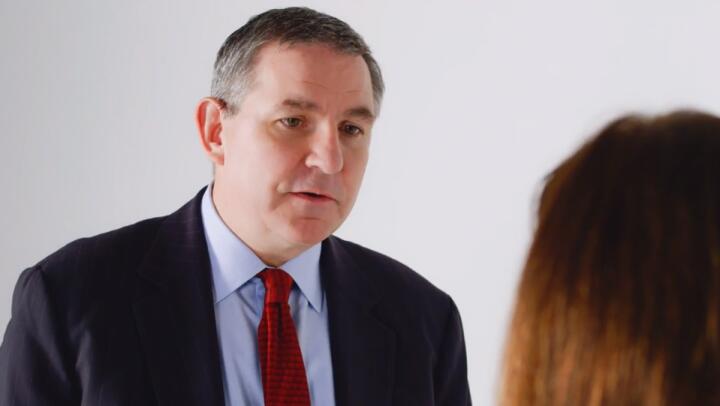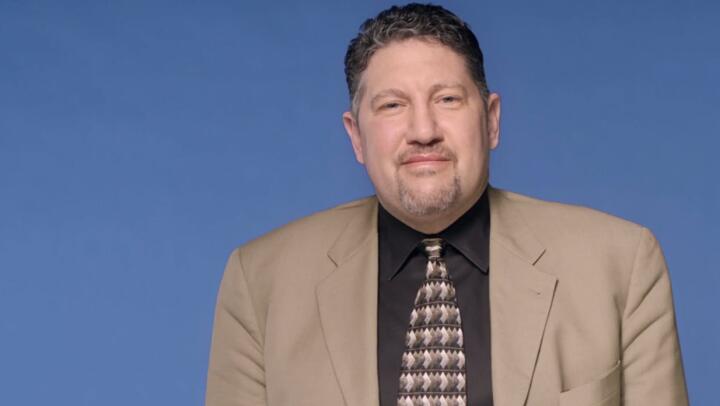
Managing heart failure means making a lot of changes in your life. However, with the right mindset and resources, you can control your condition and stay healthy.
Piedmont Healthcare Cardiologist Bukola Olubi, MD, answers common questions her patients ask her about living with heart failure.
Q: What happens in the body during chronic heart failure?
A: Chronic heart failure is a condition that occurs when your heart cannot pump enough blood to supply the blood and oxygen your body needs. It means your heart must work much harder than usual to deliver enough blood to the body. Eventually the heart can't keep up with the workload and fluids begin to back up into your lungs and abdomen, making breathing more difficult.
Many of my patients are confused about the name of the condition. Calling it “heart failure” is really misleading, because it doesn’t mean your heart completely fails or stops. It’s just that it must work harder to deliver blood to the body. It’s working at a weaker capacity.
Q: What are the warning signs of heart failure?
A: There are several signs and symptoms of heart failure. The symptoms of heart failure can vary from person to person. If you’re experiencing shortness of breath, a rapid heart rate, swelling of the legs, weakness, or fatigue, lightheadedness, dizziness, these are hallmark signs of heart failure. Many people are so short of breath when they’re lying flat that they need to elevate their head with several pillows. If you or a loved one is experiencing any of these symptoms, it’s important to talk with a doctor as soon as possible.
Q: What medications treat heart failure?
A: There are several different medications we can use. Usually, we start with angiotensin-converting enzyme (ACE) inhibitors, angiotensin-receptor/neprilysin inhibitors (ARNIs), and angiotensin receptor blockers (ARBs). These first-line drugs help to relax blood vessels and lower blood pressure so it’s easier for the heart to pump. Sometimes with heart failure, you get a change in the shape of the heart, and these drugs can also help prevent and slow down some of those changes.
Some studies are suggesting that the drug, Entresto, a combination of valsartan (ARB) and sacubiril, improves quality of life, increases lifespan, and decreases hospitalization frequency. It’s only been approved for a short time, but I’ve started a few of my patients on it and we’ve seen some pretty good results.
We also may use beta blockers in combination with ACE inhibitors, ARNIs, and ARBs. They slow down the heart rate and can also lower blood pressure, reducing the amount of work the heart must do. All these medications have been proven to help patients live longer and improve their quality of life.
Guideline directed medical therapy (GDMT) is also recommended for the treatment of heart failure, which may include the following:
- Renin-Angiotensin System Inhibition with ACEi or ARB or ARNi
- Mineralocorticoid Receptor Antagonists (Eplerenone or Spironolactone)
- SGLT-2 Inhibitors (Jardiance or Farxiga)
MRAs and SGLT2 may also reduce hospitalization.
Other medications also help patients feel better, like diuretics, which are water pills. They allow the body to get rid of extra salt and fluids and help reduce swelling and discomfort.
Some patients keep returning to the hospital, so we’ll prescribe medications called cardiac glycosides, like digoxin (Lanoxin). It may not help them live longer, but it helps keep their condition under control so they don’t need to go to the hospital all the time. It slows the heart rate and improves the strength of the heart’s pumping function so more blood is pumped with each beat.
Sometimes patients can’t take ACE inhibitors or ARBs because of several reasons, including kidney failure. In these cases, we’ll turn to drugs called vasodilators, such as hydralazine (Apresoline), which help widen blood vessels, reducing blood pressure and making it easier for the heart to pump blood. We usually combine a vasodilator with a nitrate, and together they relax and expand the blood vessels.
Q: What lifestyle changes do patients need to make to manage heart failure?
A: Lifestyle changes are a big part of treating heart failure. Activity is so important. The more you use your heart, the stronger it gets, so I always tell my patients to be as active as possible. I also tell them if they have obesity, maintaining a moderate weight can be beneficial. They can cut down on salt and overall sodium intake. The American Heart Association recommends a daily intake of less than 2,300 mg to prevent fluid retention in heart failure. If patients smoke or drink heavily, I talk to them about the importance of quitting.
I ask patients to carefully watch for any signs of a change in their bodies. I recommend they weight themselves on a daily basis and notify me if they notice a change in weight or in symptoms. It’s also so important to take their medications. A lot of people think that if they’re feeling well, they don’t need their medications, but they must take them all the time.
Living a healthy life is extremely important. It really dictates how well you are going to do when it comes to managing your heart failure.




















